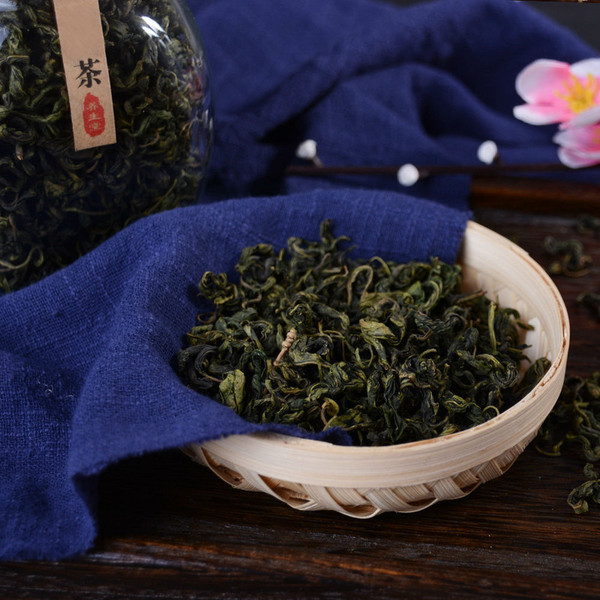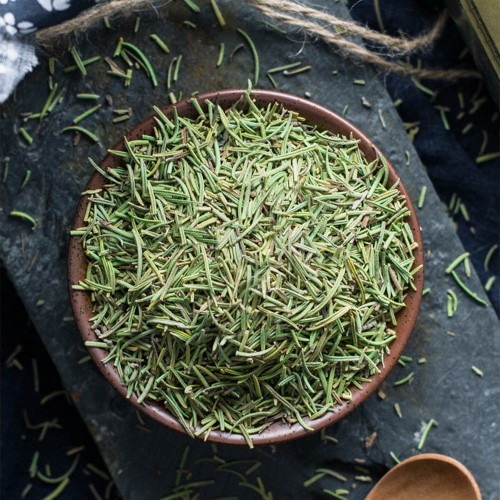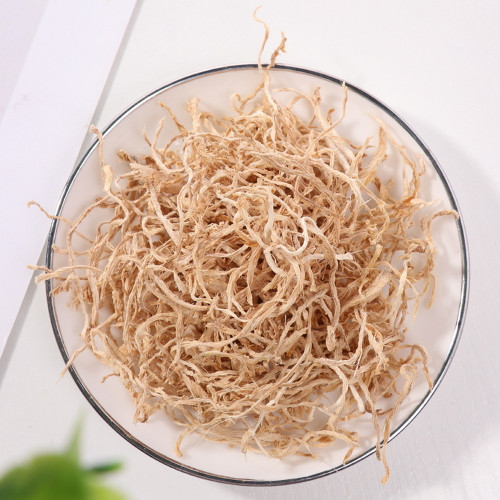Product Overview
Type: Herbal Tea
Origin: China
Packaging: Bag
Description: The persimmon tree leaves have received a lot of scientific attention lately. The persimmon leaf is noted for its use in China, Japan and Korea, for centuries and centuries, thousands of years, to brew a body beneficial tea. According to multiple sources the Chinese Academy of the Sciences found that this particular tea contains a large variety of Vitamin C, tannins, flavonoids, rutin, choline carotenoids, amino acids. In addition, the tea were found to contain 10 elements: Magnesium (Mg), Manganese (Mn), titanium (Ti), calcium (Ca), phosphorous (P), and more. These elements are found to aid to healthy bodily functions. Compared to other teas, persimmon leaf tea contains a higher level of health and nutritional benefits.
Health Benefits Of Persimmon leaves:
Boost Immunity
Persimmon leaves help boost immunity due to the presence of vitamin C. They have one of the highest ascorbic acid (vitamin C) content and they approximately 80% of the daily requirement of this beneficial nutrient. Vitamin C stimulates the immune system and increases the production of white blood cells, which are the primary line of defense for the body against microbial, viral, and fungal infections, as well as foreign bodies or toxins.
Aid Digestion
Like most fruits, Persimmon leaves are a good source of fiber, containing almost 20% of the daily requirement in a single serving. Fiber helps the body process food in a more efficient way, by adding bulk to the stool, stimulating peristaltic motion to move the food through the digestive tract, increase secretions of gastric and digestive juices, and relieve symptoms of constipation and diarrhea. It can also help people lose weight by defending them against lipid uptake, which can cause obesity.
Prevent Premature Aging
The tea is rich in a number of vitamins, specifically vitamin A, beta-carotene, lutein, lycopene, and cryptoxanthins. These vitamins function as antioxidants in the body to reduce oxidative stress and prevent signs of premature aging, like wrinkles, age spots, Alzheimer's disease, fatigue, loss of vision, muscles weakness, and a number of other conditions.
Improve Vision
The compounds in Persimmon leaves also have a proven benefit for the health of your eyes! Zeaxanthin, a member of the B complex of vitamins, present in Persimmon leaves, is directly linked to improved eye health due to its behavior as an antioxidant substance. Studies show that this compound reduces macular degeneration, cataracts, and night blindness.
Control Blood Pressure
Potassium is another mineral found in significant quantities in Persimmon leaves. Potassium can act as a vasodilator and lower blood pressure, thereby increasing blood flow to various parts of the body. Low blood pressure also reduces strain on the cardiovascular system and prevents various heart diseases from occurring. Persimmon leaves also contain various vasodilating organic compounds that further lower blood pressure, making them a very good fruit for heart health.
Regulate Blood Circulation
Along with lower blood pressure, Persimmon leaves also provide copper, an essential element in creating new red blood cells. Without copper, you cannot uptake various essential nutrients to make additional hemoglobin. Increased circulation of healthy red blood cells increases cognitive function, muscle tone, metabolism, and energy levels, as well as wound repair and cellular growth.
Improve Metabolic Activity
Persimmon leaves contain elements of the B complex of vitamins like pyridoxine, folic acid, and thiamin, which are all essential parts of various enzymatic processes and metabolic functions throughout the body. And these elements ensure that your body's systems function efficiently and effectively, thereby increasing your overall metabolism. Further, Persimmon leaves can boost energy levels, increase muscle tone, and improve digestion.
Brewing Guide: Rinse tea cup and teapot with hot water. Fill the teapot 2 grams (1-2 teaspoons) tea leaves for every 225ml of water. Infuse in hot water at 90°c (194°F) to 95°c (203°F) for 2 to 3 minutes for the first and second brewing. Gradually increase steeping time and temperature for subsequent brewing.












